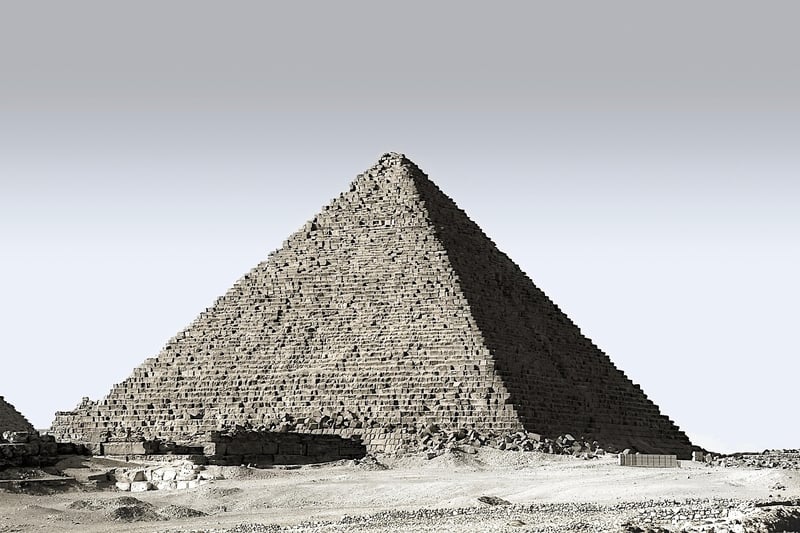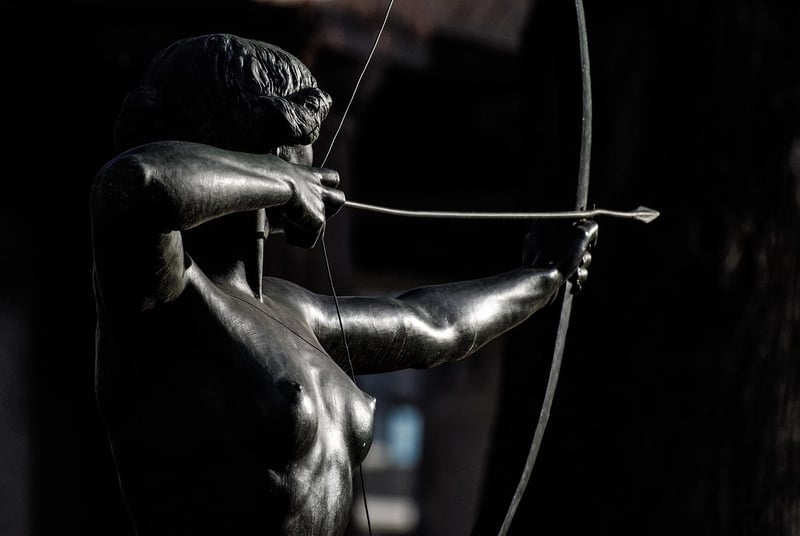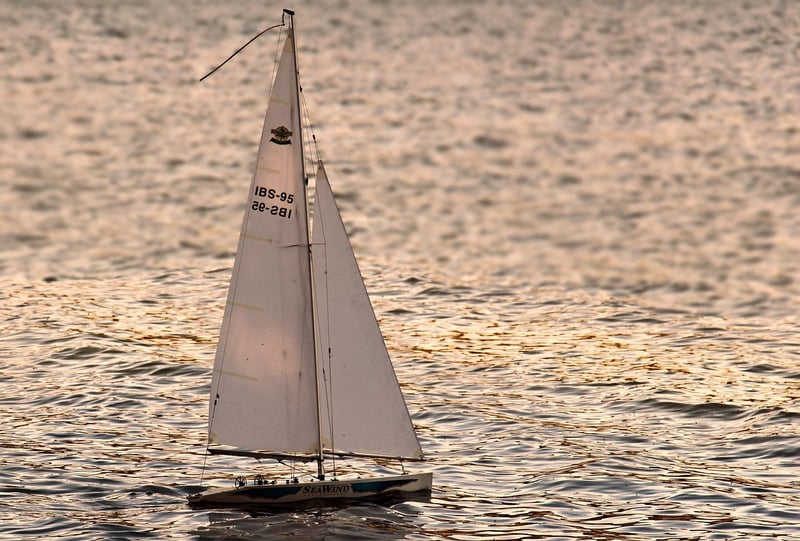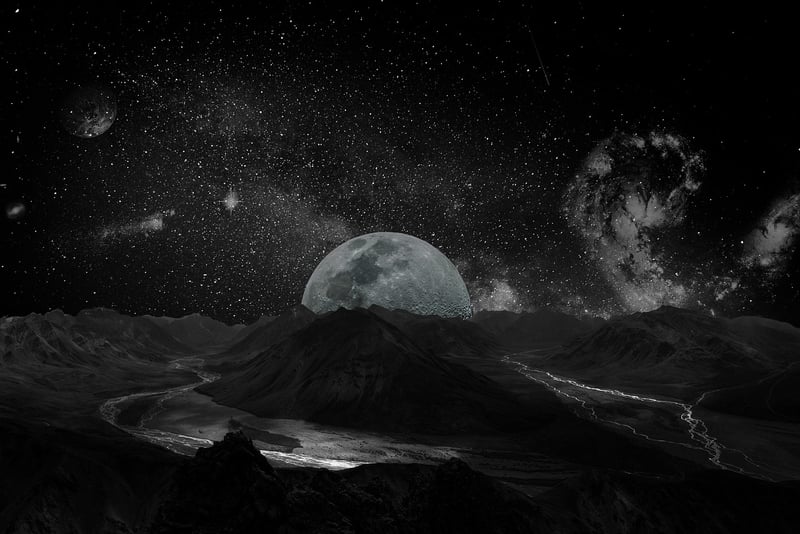Future Exploration
Exploring Different Eras and Future Exploration
Introduction
Exploring different eras and future exploration have always captured the imagination of humankind. From ancient civilizations to space exploration, each era has brought significant advancements and discoveries that have shaped our understanding of the world and the universe.
Ancient Era
The ancient era was a time of great exploration where civilizations like the Egyptians, Greeks, and Romans ventured into the unknown, building magnificent structures, developing advanced technologies for their time, and creating lasting legacies.

Medieval Era
The medieval era saw explorers like Marco Polo and Ibn Battuta traveling vast distances, encountering new cultures, and establishing trade routes that connected the East and the West, leading to a flourishing exchange of knowledge and goods.

Age of Exploration
The Age of Exploration marked a period of maritime expeditions where explorers like Christopher Columbus, Vasco da Gama, and Ferdinand Magellan set sail to discover new lands, leading to the global exchange of people, plants, animals, and ideas.

Modern Era
The modern era has witnessed remarkable advancements in science and technology, with explorations into space, deep-sea exploration, and cutting-edge research pushing the boundaries of human knowledge and capabilities.

Future Exploration
Future exploration holds the promise of new frontiers, from Mars colonization and deep space travel to the exploration of the ocean depths and the mysteries of the human mind. With advancements in artificial intelligence, robotics, and sustainable technologies, the future of exploration is boundless.

Conclusion
Exploring different eras and future exploration reminds us of the human spirit of curiosity, innovation, and discovery. As we look back at our past explorations and forward to new horizons, we continue to push the boundaries of what is possible and expand our understanding of the world and beyond.
